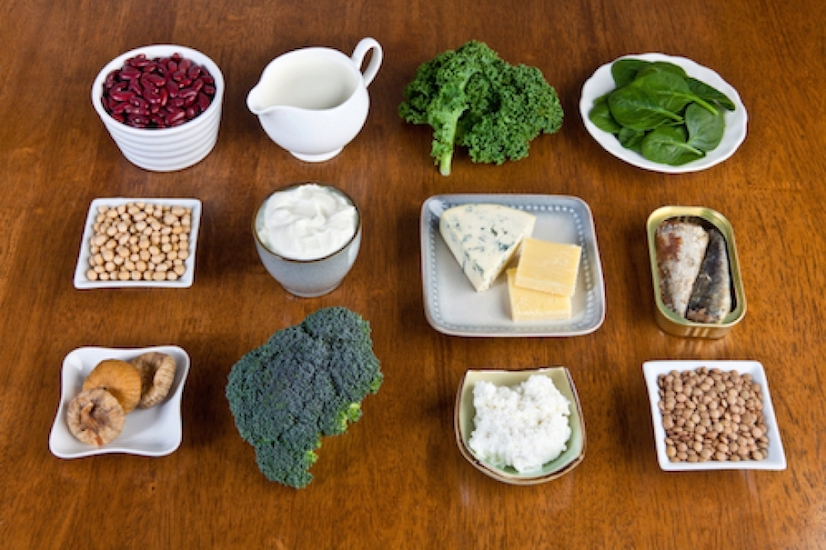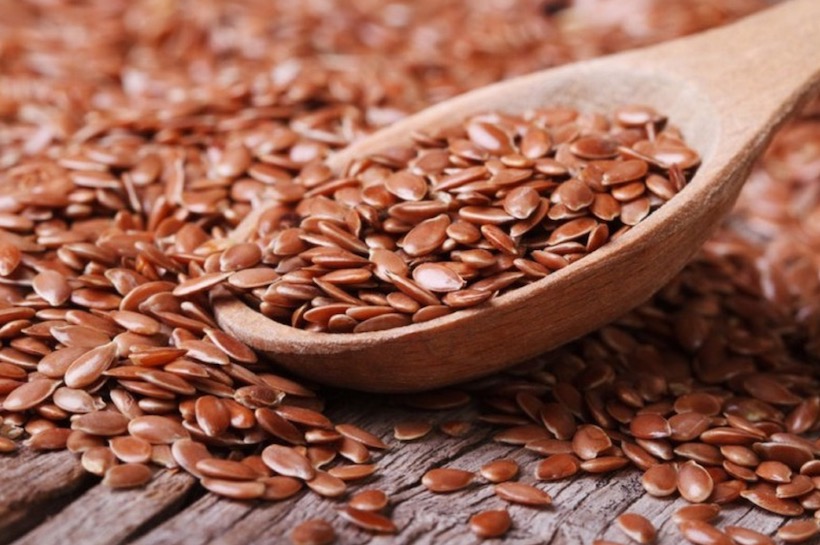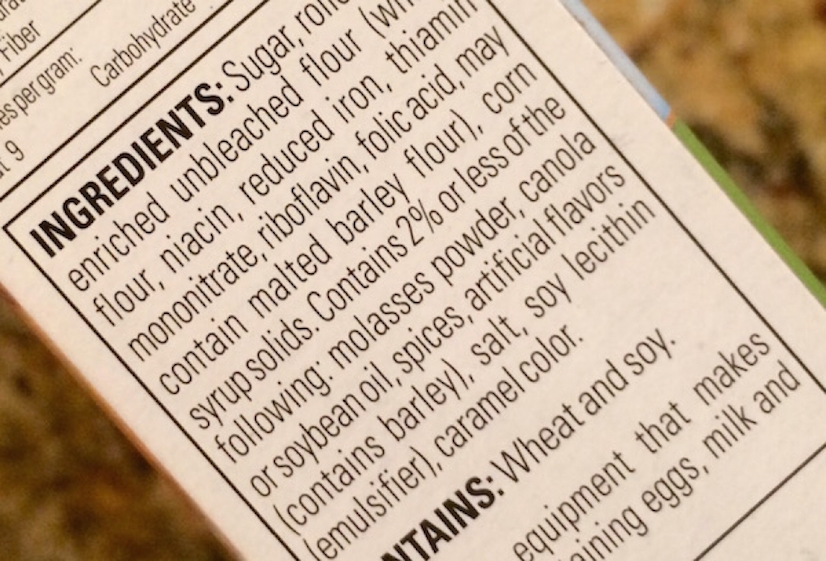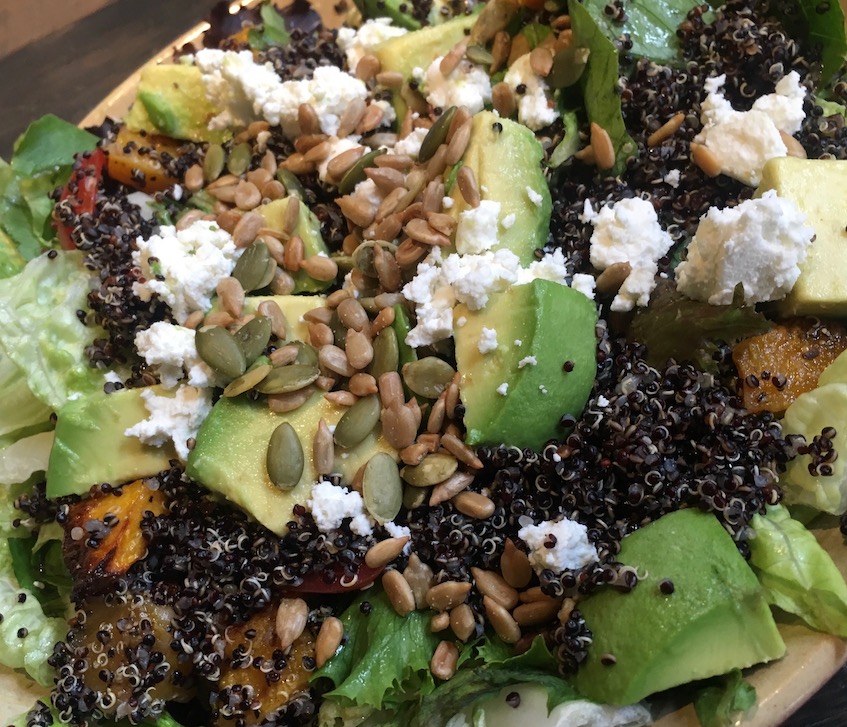It’s no secret that regular consumption of dietary calcium is critical for building and maintaining healthy bones and teeth. Adequate calcium intake is also important for overall good health as this vital mineral plays a key role in muscle contraction, heartbeat maintenance, proper nerve function, and blood clotting.
When it comes to calcium-rich foods, milk and milk-based dairy products are commonly touted but there are many other ways to get sufficient amounts of calcium in the diet. So, if you’re not a huge fan of dairy foods, here are six simple strategies for boosting your calcium intake without consuming them.
Related Article: The Importance of Getting Enough Dietary Calcium
Go Green with Kale and Collards
Kale and collard greens are low in calories and sugar, high in fiber, and incredibly rich in calcium. Unlike some of the micronutrients housed in vegetables, the calcium content of these greens is well-preserved whether they’re consumed in raw or cooked form. Kale and collards are extremely versatile as they can easily be included in salads, soups, stews, smoothies and casseroles.
However, since all the calcium housed in these greens isn’t fully absorbed by the body, you’ll need to take in about three servings to match the amount contained in a cup of milk.
RECIPE: Rubbed Kale with Butternut Squash
Use Calcium-Set Tofu in Food Preparation
Calcium-set tofu is made (or set) with calcium sulfate, which is a type of salt that gives it a firm, smooth texture while adding a significant amount of calcium. On the average, a one-half cup serving of calcium-set tofu contains just as much calcium as a full cup of milk. In addition to calcium, this tofu is a great source of magnesium and protein, both of which are essential for proper calcium absorption.
Tofu can easily be included as a meat substitute in most vegetarian and vegan recipes but it can also be used to thicken meat-dense entrees like meatloaf, lasagna, casseroles, quiches and even burgers.
Enjoy Canned Sardines
Sardines are an extremely potent source of calcium and many other essential vitamins and minerals including omega-3 fatty acids, protein and vitamin D, which is needed for intestinal absorption and metabolism of calcium. A single can of sardines provides a whopping 35% of the daily calcium requirement and almost half of a whole day’s worth of vitamin D.
Sardines can most certainly stand alone but you can also include them in sandwiches, salads and stir fry recipes. To maximize the nutritional value of canned sardines, choose varieties that are packed in water as opposed to oil.
Related Article: 8 Amazing Health Benefits of Omega-3 Fatty Acids
Use Sesame Seeds Religiously
Sesame seeds are by far one of the best non-dairy food sources of dietary calcium. In fact, just a quarter of a cup of these tiny seeds contains more calcium than a full cup of milk! Sesame seeds are also rich in several other bone-building nutrients like magnesium, phosphorus and iron in addition to a laundry list of health-promoting antioxidants (selenium, zinc and copper).
The nutty flavor and unique texture of these seeds can bring almost any food to life. Use them on your favorite meats, include them in stews, soups and casseroles or add them to rice and vegetable-based dishes.
Opt for Fortified Orange Juice
Plain ole orange juice is rich in key vitamins and minerals that enhance immunity and boost energy levels but calcium-fortified orange juice provides bone-enriching benefits as well. Like milk, a single serving of fortified orange juice contains 30% (or more) of the daily recommended intake of calcium along with adequate amounts of vitamin D to support calcium absorption.
Although fortified orange juice can be quite nutritious, it’s important to limit your consumption to a serving a day due to its high sugar content.
Related Article: Dietary Sugar: The Good, The Bad and The Unnecessary
Explore the Mild Flavor of Navy Beans
Navy beans are an extremely nutritious source of calcium. A single serving contains about 15% of the daily recommend intake along with incredibly large quantities of fiber and other essential nutrients like protein, B-vitamins, potassium, iron, and magnesium.
Since vegans and vegetarians tend to be deficient in several of these nutrients (calcium, iron, and protein), navy beans make a great additive for meatless soup, stew and chili recipes.
Try Blackstrap Molasses
Blackstrap molasses is the dark-colored syrupy, final by-product of the sugar-refining process and the most highly concentrated source of disease-fighting antioxidants and nutrients. At less than 50 calories, a single tablespoon contains nearly 20% of a day’s worth of calcium.
Compared to lightly colored molasses, blackstrap molasses has a much lower sugar content, which gives it an extremely bittersweet taste. Blackstrap molasses makes a great meat marinade or flavor-enhancer for beans.
Related Article: Osteoporosis: What It Is and How to Prevent and Treat It
Most people don’t get enough calcium in their diets, which can lead to serious deficiency. Although milk and other dairy foods are quick, convenient and incredibly nutritious dietary sources of calcium, they’re not the only sources of this vital nutrient. For optimal bone health and adequate functioning of the body follow these six easy tips for incorporating non-dairy, calcium-rich foods into your everyday diet.







